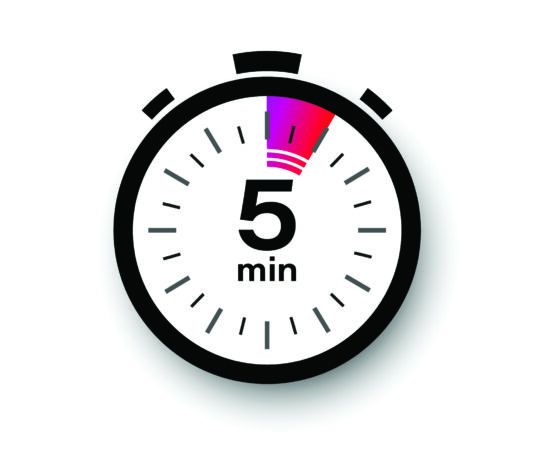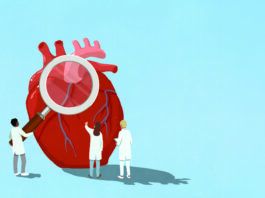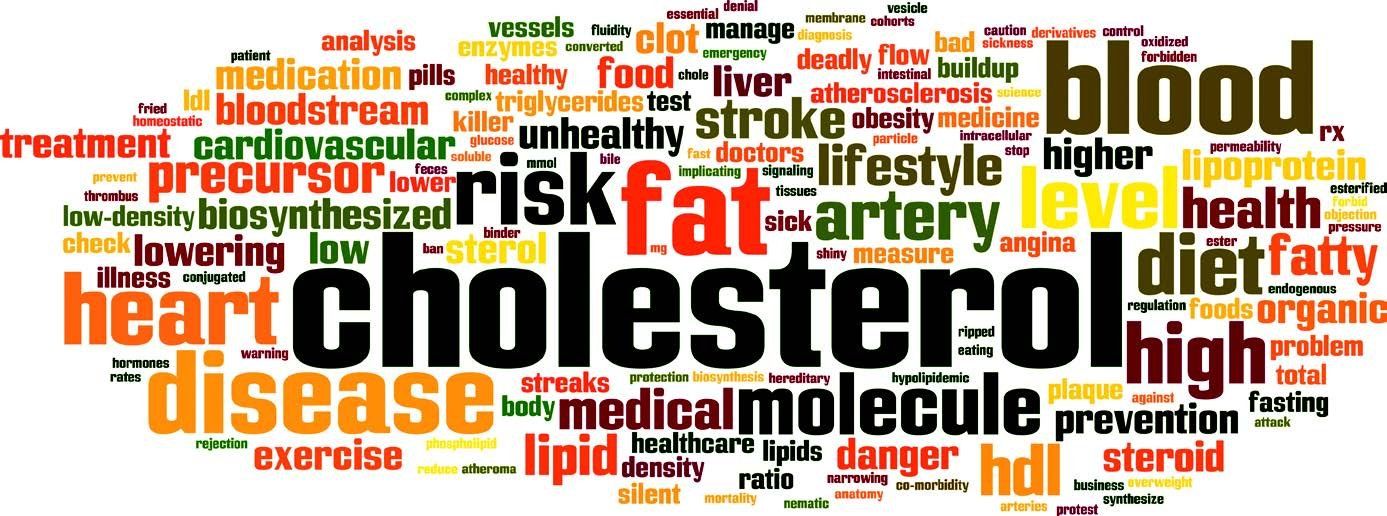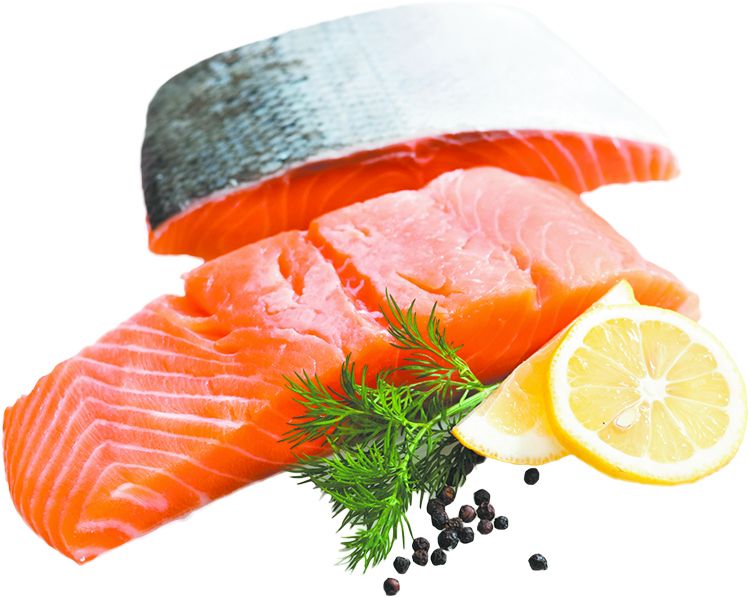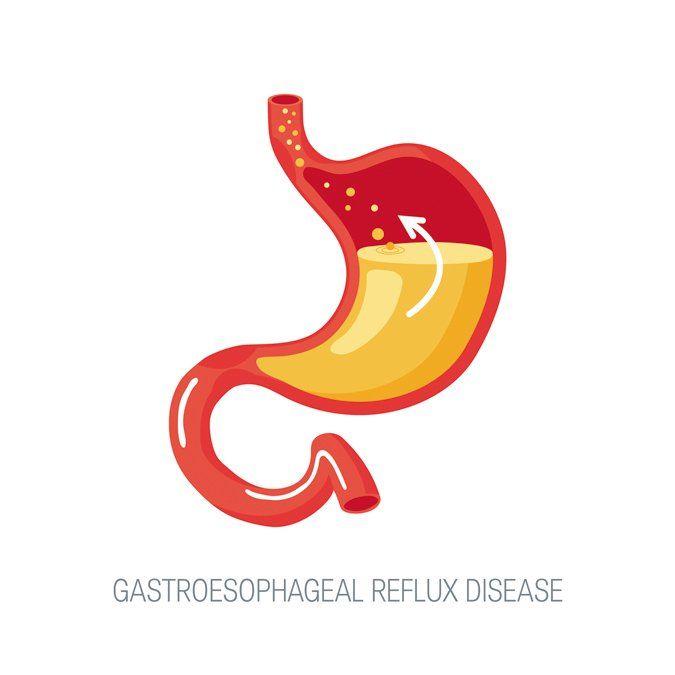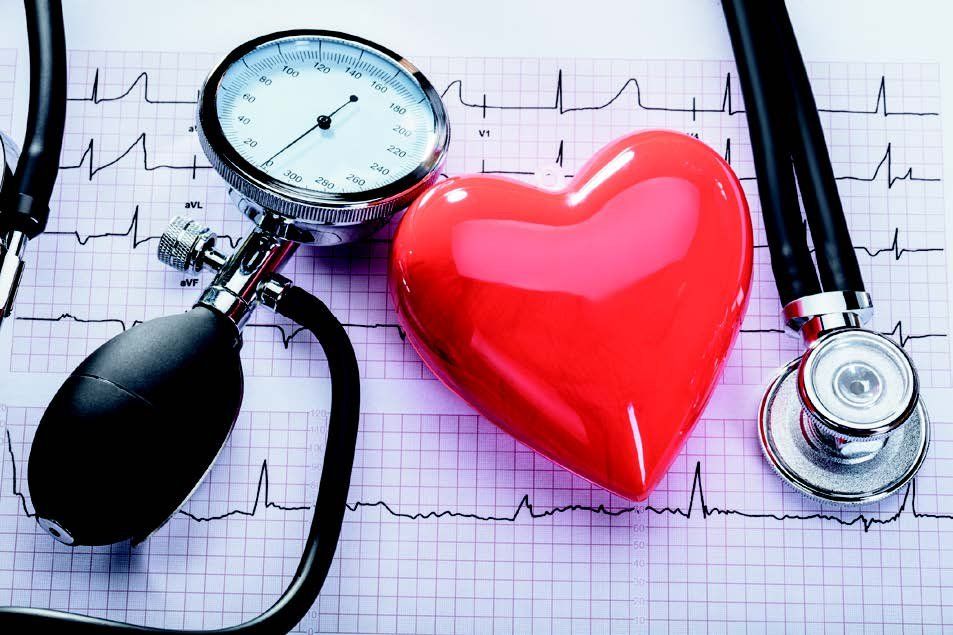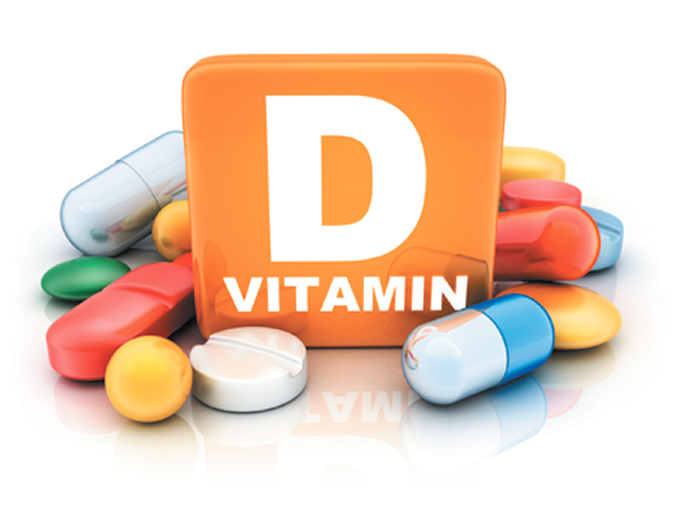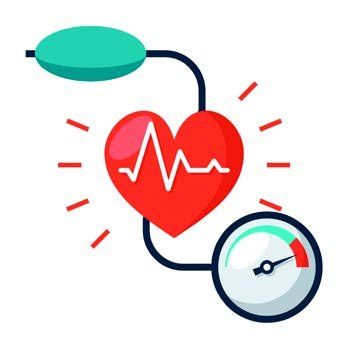Short Sleep Duration Associated with Higher Risk of Death in Some
A recent study in the Journal of the American Heart Association suggests that middle-aged adults with high blood pressure, type 2 diabetes, heart disease, or history of stroke could be at high risk for early death if they sleep less than six hours per night.
Sleep Six to Nine Hours for Heart Health
A new study in the Journal of the American College of Cardiology found that sleeping between six and nine hours a night, compared to less, is associated with 20 percent lower risk of heart attack.
Routine Low-Dose Aspirin Use No Longer Recommended for Primary Prevention
In March of 2019, the American Heart Association and American College of Cardiology released updated guidelines recommending against routine low-dose aspirin use for the primary prevention of cardiovascular disease (CVD) in people older than 70 and in those with increased bleeding risk (such as those with peptic ulcer disease).
Irregular Sleep May Be Bad for Health
A study recently published in the American Diabetes Associations journal, Diabetes Care, suggests that high night-to-night differences in sleep schedules may be associated with higher risk of having metabolic syndrome (a cluster of health problems-including high blood pressure, low HDL cholesterol levels, high triglyceride levels, high blood sugar levels, and/or excess body fat around the waist-that increase risk for heart disease, stroke, and diabetes). The study assessed nighttime movements and sleep-wake cycles of over 2,000 participants for one week using home-based sleep studies.
Diet and Blood Cholesterol Levels
We cannot survive without cholesterol in our bodies. It is an essential part of cell walls, is used to make bile acids (which are critical in fat digestion), and is necessary for the production of vitamin D and a number of hormones. But too much LDL cholesterol and not enough HDL cholesterol in the blood is associated with increased risk for heart attack and stroke. While the liver can produce all the cholesterol the human body needs, we also consume it in the form of animal-based foods like meat and dairy.
Omega-6 is Good for the Heart
An analysis published recently in the American Heart Associations journal, Circulation, adds another piece to the puzzle of omega-6 fatty acids and heart disease.
Q. Is there anything I can do to address my frequent heartburn besides medications?
Q. Is there anything I can do to address my frequent heartburn besides medications?
Beating Hypertension-the Silent Killer
One in three American adults has hypertension (high blood pressure). And, because hypertension causes few obvious symptoms, many people with high blood pressure dont even know it.
No Heart or Cancer Benefit from High-Dose Vitamin D
The New England Journal of Medicine recently published a study that found high-dose vitamin D supplementation provided no protective benefit with regard to risk of developing either cancer or cardiovascular disease.
Hypertension Risk High, Especially for Blacks
Black men and women had one and a half to two times higher risk for hypertension (high blood pressure) compared to white men and women, according to the CARDIA (Coronary Artery Risk Development in Young Adults) study recently published in the Journal of the American Heart Association.





















